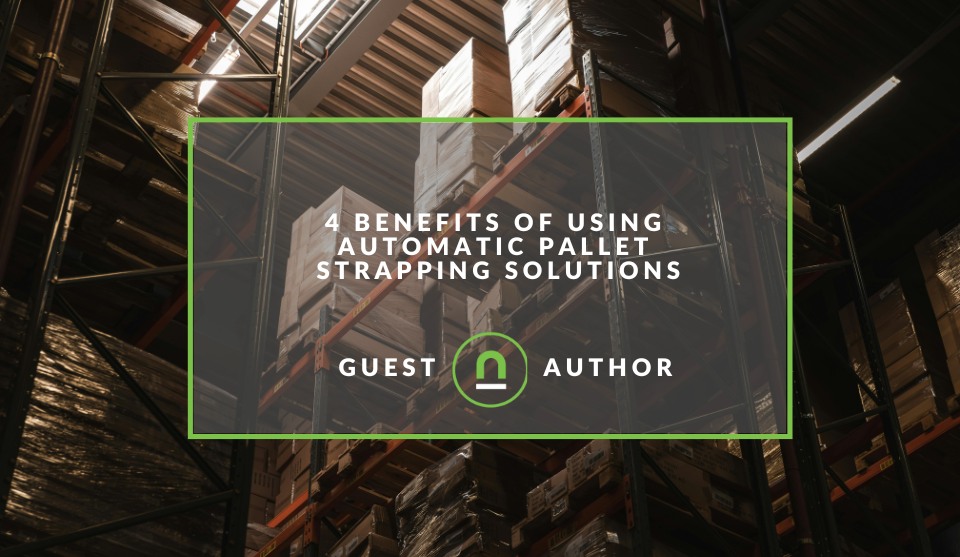Recent posts

Fur, Fins & Feathers
Competitive Intelligence in the Pet Industry
10 July 2025

The Great Outdoors
The Genetic Diversity Of Cannabis Seeds In South Africa
18 June 2025

Money Talks
Taking Out A Loan To Cover Urgent Expenses
17 June 2025

Money Talks
How To Choose the Right Payday Loan
16 June 2025
Popular posts
Extravaganza
Trending Music Hashtags To Get Your Posts Noticed
24 August 2018
Geek Chic
How To Fix iPhone/iPad Only Charging In Certain Positions
05 July 2020
Extravaganza
Trending Wedding Hashtags To Get Your Posts Noticed
18 September 2018
Money Talks
How To Find Coupons & Vouchers Online In South Africa
28 March 2019
How eCommerce Sites Sabotage Their SEO
28 November 2016 | 2 comments | Posted by Che Kohler in nichemarket Advice
If you've ever been tasked with optimising an eCommerce site and a retail eCommerce site in particular. You would know that it is probably the most painful job you will ever endure. The amount of disregard for SEO is well over self-sabotaging levels and makes deciding where to start more importantly picking your battles an arduous task. Most times you have little or no say on the structure and changing anything requires major management buy-in and dev support, resulting in you retro-fixing a clunky system that will eventually reach its potential.
Let me say it straight up, it’s bad out there, research by Stone Temple in the US found that only 38% of the URLs across 20 highly prominent e-tail sites were using SEO tags in what we consider an optimal manner while even worse, 23% of the URLs we looked at were using overtly conflicting tags. What does that mean for South African eCommerce? Having personally worked on a number of eCommerce sites I can say its slim to none.
1. Facetted Navigation
Let us start by addressing problem number one, categories, navigation and faceting. The staple of any eCommerce site is generating multiple pages creating catalogues of product listings with thin or no content which Google doesn't find relevant. Therefore SEO tags are placed on these pages is that they can easily be seen by search engines as thin, poor quality, or duplicate content.
The correct SEO tagging strategy will instruct search engines on how to view the various facets, and reduce the chances of that becoming a problem. Sites using canonicalization, pagination, query blocking and fragment URLs at your disposal gives you enough options to get the best out of your site.
2. Mixing Tagging Schemes
I've come across many sites that use conflicting tagging schemes like no NoIndex, NoFollow, or Disallowing in robots.txt with what I mentioned above. These will only confuse the situation and potentially break your SEO for these pages altogether. So pick the one that works best for your site and stick to it.
3. Using correct tagging incorrectly
Canonicalization is a powerful tool in any SEO's arsenal and should be used wisely and sometimes in conjunction with 301 redirects. I've seen many sites misinterpret the use of the canonical tag and found the following popular conflicting tag scenarios
- Canonical and NoFollow
- Canonical and NoIndex
- Canonical to homepage
- Canonical with fragment url
- Canonical with blocked robots txt
4. Fragment/Hashbang urls
This method is now officially been deprecated by Google, meaning that they no longer recommend it. It’s likely that Google is deprecating this protocol because they don’t plan to index any content on a page that requires a user to click on something to expose it.
Protip! To make use of hashbang URLs and get them indexed as quick links in SERP but you will need to create a rich content and provide an on-page anchor navigation
5. Query string blocking
You are able to flag certain URL parameters using Google Search Console, however, I would not rely on it as it isn't an absolute fix, but merely a suggestion to crawlers. It can be used in conjunction with additional tags to make sure you're only allowing the highest quality content to be indexed and passing the correct link authority. This is also not very effective for sites with multiple queries or dynamic URL parameters if you cannot exact match in some cases query string blocking would be useless.
6. Poor product descriptions
The complete lack of a text description of the product virtually puts an end to the chances of the page being in the top 10 of a search engine query, even in the case of low-frequency queries. Not only does it hide you from search but users who do find the product internally may rather opt to bounce than purchase creating additional negative indicators for your site and for your sales.
Just as bad as not having any text is using product descriptions from manufacturers, if you're not the exclusive supplier changes are other eCommerce sites have the exact descriptions and like the highlander there can only be one. Rather not take that chance and generate unique content or block those pages until you can generate unique content.
7. Lack of product reviews
According to kissmetrics about 70% of buyers are looking for reviews of products on online stores or forums before making a purchase. This means that if your site has no such reviews also reviews when marked up with Schema can improve click-through rates from SERPs.
8. On page SEO
Are you correctly using the H1, H2, H3, Schema markups, alt tags, anchor tag title text and strategically placing your keywords within these tags and markups? If not, that's a massive missed opportunity. Are you guilty of committing one of the 8 deadly retail eCommerce sins?
Correcting the mistakes
Now that you're aware of the flaws in your sites SEO performance its time to correct it and get yourself moving up the rankings. If you need more in-depth advice on how to do that improve eCommerce performance outside just SEO then check out this great resource from our friends over at dharma merchant services on how to do just that 7 Powerful Strategies to Improve Your ECommerce Site.
Contact us
If you want to know more about eCommerce SEO don’t be shy we’re happy to assist. Simply contact us here
Tags: eCommerce, SEO
You might also like
Competitive Intelligence in the Pet Industry
10 July 2025
Posted by Marie Hall in Fur, Fins & Feathers
A guide to data collection, processing and BI techniques to leverage competitive intelligence for strategic advantage and growth in the dynamic pet i...
Read more4 Benefits of Using Automatic Pallet Strapping Solutions
29 May 2025
Posted by Candice Reed in Hit the Road
We take a look at the top reasons why businesses should adopt automated pallet strapping for packaging, storage and logistics and how to get started
Read more{{comment.sUserName}}
{{comment.iDayLastEdit}} day ago
{{comment.iDayLastEdit}} days ago
 {{blogcategory.sCategoryName}}
{{blogcategory.sCategoryName}}

